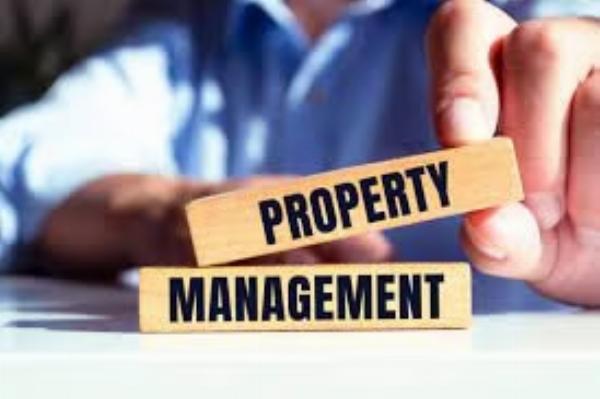 White Hat Link Building – Safe. Powerful. Long-Term.
White Hat Link Building – Safe. Powerful. Long-Term.
What Is Another Name For A Property Manager
Written by Time2rent » Updated on: June 17th, 2025

Property management is a crucial aspect of real estate ownership, ensuring the efficient operation and maintenance of properties. From residential buildings to commercial spaces, property managers play a pivotal role in overseeing various facets of property ownership. They handle tasks such as collecting rent, addressing tenant concerns, coordinating maintenance and repairs, and ensuring compliance with local regulations. Effective property management is essential for maintaining property value, maximizing rental income, and mitigating risks associated with property ownership. In this article, we will explore the different terms used interchangeably with "property manager" and the factors influencing the choice of terminology.

Roles and Responsibilities of a Property Manager
What Does a Property Manager Do:
Property managers handle a wide array of tasks related to the day-to-day operations of a property. This includes collecting rent, addressing tenant concerns, coordinating maintenance and repairs, and ensuring compliance with local regulations.
Day-to-Day Operations:
On a daily basis, property managers interact with tenants, respond to inquiries, and handle any issues that arise. They also oversee the leasing process, including advertising vacancies, screening potential tenants, and drafting lease agreements.
Tenant Management:
One of the primary responsibilities of a property management professionals is managing tenant relationships. This involves addressing tenant complaints, handling maintenance requests promptly, and enforcing lease agreements.
Property Maintenance:
Property managers are responsible for ensuring that properties are well-maintained and in good condition. This includes scheduling routine maintenance, coordinating repairs, and conducting property inspections.
Importance of Property Managers
Effective property management is essential for maintaining property value, maximizing rental income, and mitigating risks associated with property ownership.
Different Terms for Property Manager
Exploring Alternative Titles:
While "property manager" is the most commonly used term, there are several alternative titles that are used interchangeably in the industry.
Estate Manager
Facility Manager
Real Estate Manager
Factors Influencing Terminology
The choice of terminology may vary depending on factors such as geographic location and the specific industry in which the property is situated.
Pros and Cons of Various Titles
Clarity in Role Definition:
Using a specific title such as "estate manager" or "facility manager" may provide clarity regarding the scope of responsibilities associated with the role.
Perception and Prestige:
However, the title "property manager" may carry more prestige and recognition within the industry, potentially enhancing one's professional reputation.
Conclusion
the role of a property manager is multifaceted and essential for the smooth operation of real estate properties. While "property manager" is the most commonly used term, alternative titles such as "estate manager" and "facility manager" are also prevalent in the industry. The choice of terminology may vary depending on factors such as geographic location and industry-specific norms. Regardless of the title used, property managers play a vital role in maintaining property value, maximizing rental income, and ensuring tenant satisfaction. Their expertise and dedication contribute significantly to the success and profitability of real estate investments.
FAQs:
Is a property manager the same as a landlord?
While both oversee rental properties, a property manager is typically hired by the landlord to handle day-to-day operations, whereas the landlord is the owner of the property.
What qualifications are required to become a property manager?
Qualifications may vary, but typically include a bachelor's degree in business or real estate, relevant work experience, and licensure in some states.
How do property managers advertise vacancies?
Property managers utilize various channels, including online listing platforms, signage, and networking within the real estate community.
Do property managers handle legal issues related to rental properties?
Yes, property managers are responsible for ensuring compliance with local regulations and may handle legal issues such as evictions if necessary.
Can property managers negotiate lease agreements on behalf of landlords?
Yes, property managers are often authorized to negotiate lease terms and conditions with prospective tenants on behalf of landlords.
Note: IndiBlogHub features both user-submitted and editorial content. We do not verify third-party contributions. Read our Disclaimer and Privacy Policyfor details.
Copyright © 2019-2025 IndiBlogHub.com. All rights reserved. Hosted on DigitalOcean for fast, reliable performance.






